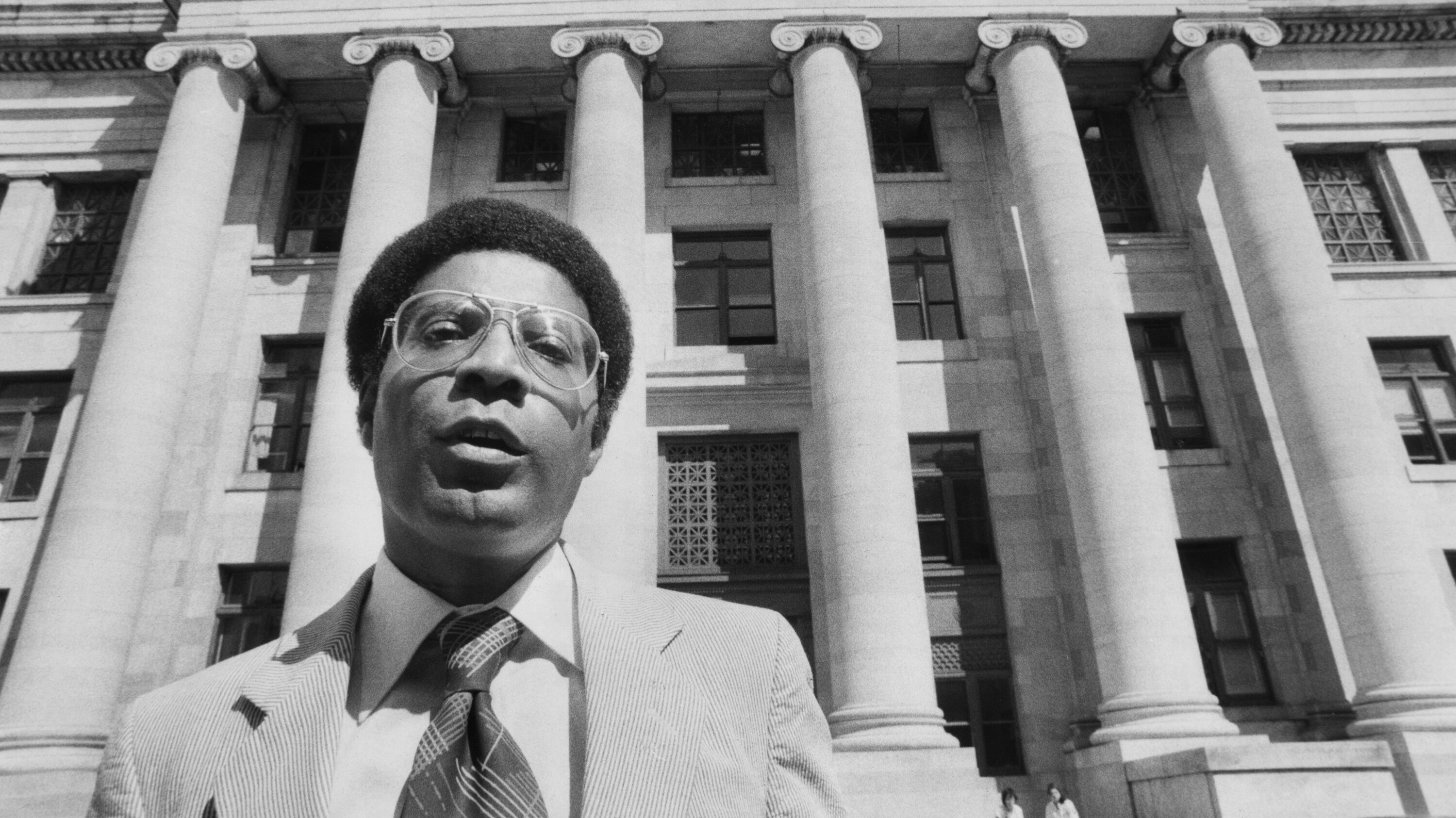Breaking Barriers: Dr. Alvin Poussaint, Trailblazing Psychiatrist Who Reshaped Black Mental Health Discourse, Dies at 90

Dr. Alvin Poussaint was far more than just a renowned psychiatrist at Harvard University. He was a passionate advocate for racial justice, serving as a trusted adviser to influential African American leaders like Jesse Jackson and Bill Cosby. Throughout his distinguished career, Poussaint fearlessly confronted the deep-rooted systemic racism that plagued American society.
More than an academic, he was a powerful voice that challenged Black Americans to rise above oppression, encouraging them to actively resist and dismantle the structural barriers that hindered their progress. His work went beyond clinical research; it was a profound mission to empower and uplift the Black community through psychological understanding and social activism.
Poussaint's groundbreaking insights and unwavering commitment to racial equality made him a pivotal figure in the civil rights movement, inspiring generations to fight for social justice and human dignity. His legacy continues to resonate, reminding us of the critical importance of confronting racism and promoting understanding across racial lines.
